VINYL-CHLORIDE MONOMER
VCM
Vinyl chloride is an organochloride with the formula H2C=CHCl that is also called vinyl chloride monomer (VCM). This colorless compound is an important industrial chemical chiefly used to produce the polymer polyvinyl chloride (PVC). About 13 billion kilograms are produced annually. VCM is among the top twenty largest petrochemicals (petroleum-derived chemicals) in world production.
Vinyl chloride is a gas with a sweet odor. It is highly toxic, flammable, and carcinogenic. It can be formed in the environment when soil organisms break down “chlorinated” solvents. Vinyl chloride that is released by industries or formed by the breakdown of other chlorinated chemicals can enter the air and drinking water supplies. Vinyl chloride is a common contaminant found near landfills. In the past VCM has been used as a refrigerant.
Vinyl chloride is a chemical intermediate, not a final product. Due to the hazardous nature of vinyl chloride to human health there are no end products that use vinyl chloride in its monomer form. Polyvinyl chloride is very stable, storable, and nowhere near as acutely hazardous as the monomer.
Vinyl chloride liquid is fed to polymerization reactors where it is converted from a monomer to a polymer PVC.

APPLICATIONS
Monomer form, PVC manufacturing.
ETHYLENE DICHLORIDE
EDC
Ethylene dichloride (EDC) is used primarily for the production of vinyl-chloride monomer (VCM) , which is itself used mainly in the polymerization manufacture of polyvinyl chloride (PVC).

